Starter Kit
"Hacking Virtual Worlds: Video Games and Critical Infrastructure Studies"
[This start kit was prepared for Prof. Alan Liu's Critical Infrastructure Studies graduate seminar (Fall 2018). It is also available on CIStudies.org. If you decide to visit, I highly recommend checking out the other starter kits as well!]
Description
How might we re-think game studies in relation to the emergent field of critical infrastructure studies, and vice versa? Further, how might games themselves teach us new ways of understanding, developing, reconfiguring, and even "hacking" infrastructure? If we understand infrastructure as a convergence and entanglement of Marx's base and superstructure--a point at which culture and material technology intertwine--do we find a way out of the relentless emphasis on harder and harder materialities, of the ongoing persistence to go deeper (e.g. from screen essentialism to software to hardware to geological minerals (as in Parikka's A Geology of Media))? In certain games, might we find infrastructures, and not merely "representations" of infrastructure, on our screens? In addition to putting CIS in conversation with game studies, this starter kit assembles what we might loosely categorize as a "critical hacking" genre, in which the user interacts with computational infrastructures that blur the divisions between content and medium, representation and real.Readings
Framing
- Alan Liu. “Toward Critical infrastructure Studies.” Adapted version of paper last presented in full at University of Connecticut, Storrs, February 23, 2017. http://cistudies.org/wp-content/uploads/Toward-Critical-Infrastructure-Studies.pdf
- Walt Scacchi. “Computer Game Mods, Modders, Modding, and the Mod Scene.” First Monday, vol. 15, no. 5, 2010. https://firstmonday.org/article/view/2965/2526
- ---. "Modding as an Open Source Approach to Extending Computer Game Systems." Open Source Systems: Grounding Research, Proc. 7th IFIP Intern Conf. Open Source Systems. eds. S. Hissam, B. Russo, M.G. de Mendonca Neto, and F. Kan. IFIP ACIT 365, (Best Paper award), Salvador, Brazil, October 2011, 62-74. https://www.ics.uci.edu/~wscacchi/Papers/New/Scacchi-OSS2011.pdf
Foundations
A Brief Bibliography of Game Studies and Media Theoretical Approaches. While none of these take an explicitly infrastructural approach, in combination (or perhaps, "conversation"), they form the foundation for an infrastructural approach to game studies.Platform Studies
- Nick Montfort and Ian Bogost. Racing the Beam: The Atari Video Computer System. 2nd edition, The MIT Press, 2009. https://mitpress.mit.edu/books/racing-beam
Software or Algorithmic Studies
- Alexander Galloway. Gaming: Essays on Algorithmic Culture First edition, University Of Minnesota Press, 2006. http://art.yale.edu/file_columns/0000/1536/galloway_ar_-_gaming_-_essays_on_algorithmic_culture.pdf
- Noah Wardrip-Fruin. Expressive Processing: Digital Fictions, Computer Games, and Software Studies. The MIT Press, 2012.https://mitpress.mit.edu/books/expressive-processing
- Lev Manovich. The Language of New Media. The MIT Press, 2002.https://dss-edit.com/plu/Manovich-Lev_The_Language_of_the_New_Media.pdf
- ---. Software Takes Command. 1st Edition, Bloomsbury Academic, 2013.http://softwarestudies.com/softbook/manovich_softbook_11_20_2008.pdf
Narratology
- Espen Aarseth. Cybertext: Perspectives on Ergodic Literature. UK edition, Johns Hopkins University Press, 1997. https://monoskop.org/images/e/e0/Aarseth_Espen_J_Cybertext_Perspectives_on_Ergodic_Literature.pdf
Media Archaeology/Hardware Studies
- Friedrich Kittler. Literature, Media, Information Systems. Edited by John Johnston, 1st edition, Routledge, 1997. https://monoskop.org/log/?p=9991
- Jussi Parikka. A Geology of Media. University Of Minnesota Press, 2015. https://www.upress.umn.edu/book-division/books/a-geology-of-media
Cultural Studies
- Mia Consalvo. Cheating: Gaining Advantage in Videogames. The MIT Press, 2009. https://is.muni.cz/el/1421/podzim2013/IM082/um/Consalvo__Cheating__Gaining_Advantage_in_Videogames.pdf
![]()
Gallery of Games
While most of game studies points to the universal--e.g. developing theories that apply to all video games--this starter kit assembles a selection of infrastructural games in order to further demonstrate the relevance of critical infrastructure studies within this field. There's an obvious shortcoming here: the theory developed out of analyzing these games will not necessarily (or likely) apply to all games; it is an admittedly limited theoretical approach. But the universalizing tendency renders the specifics of the games mute--under-appreciating how games themselves play a role in developing the theory. Rather than applying an already developed theoretical approach to games, this starter kit thinks with a specific set of games in order to develop a broader intervention into infrastructural theory. Or, in other words, the games are just as much participants as the players.Origins
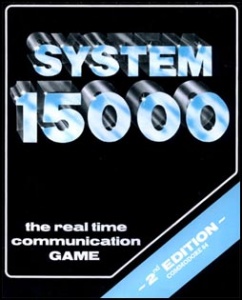 System 15000 (1984)
First Hacking Simulation
System 15000 (1984)
First Hacking Simulation
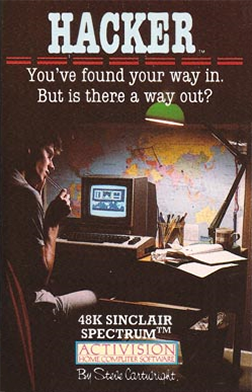 Hacker (1985) Hacker (1985) |
 Hacker II (1986) Hacker II (1986) |
Hacker series
Neuromancer (1988)
Desktop Simulations
 |
 |
 |
| Hacknet (2015) | ||
 |
 |
Uplink (2001)
 |
 |
|
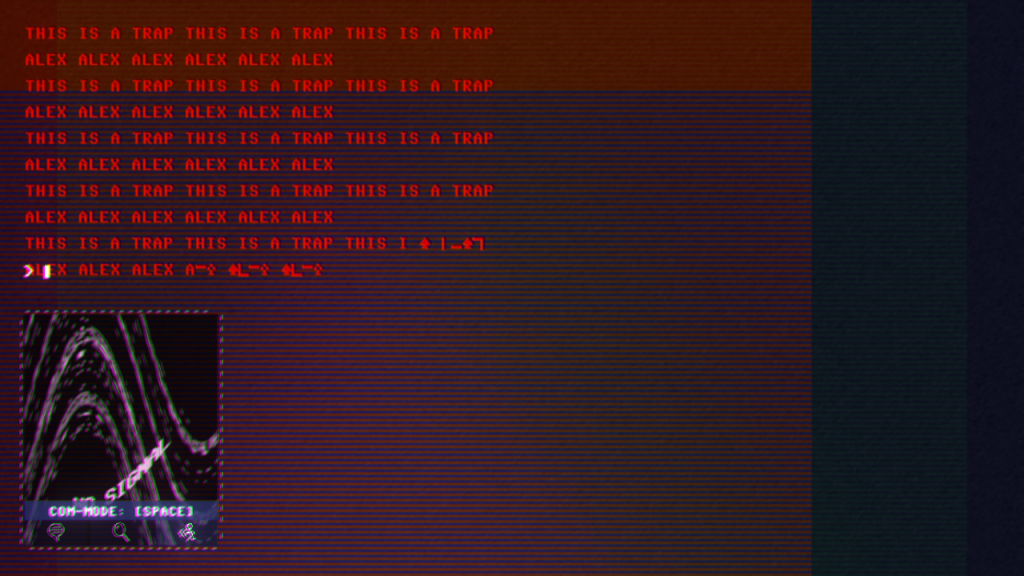 |
 |
|
| Code 7 (2017) | ||
Hardware and Engineering
 |
|
 |
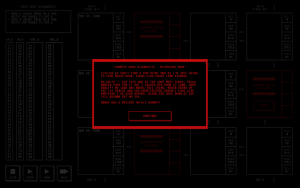 |
 |
 |
Shenzhen I/O (2016)
Meta-Infrastructural
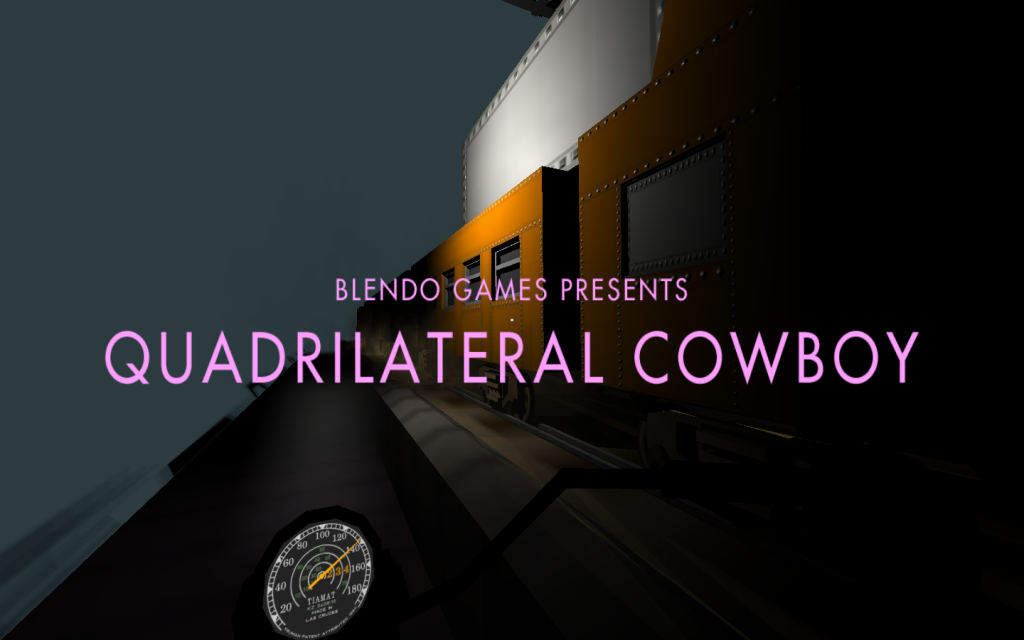 |
 |
|
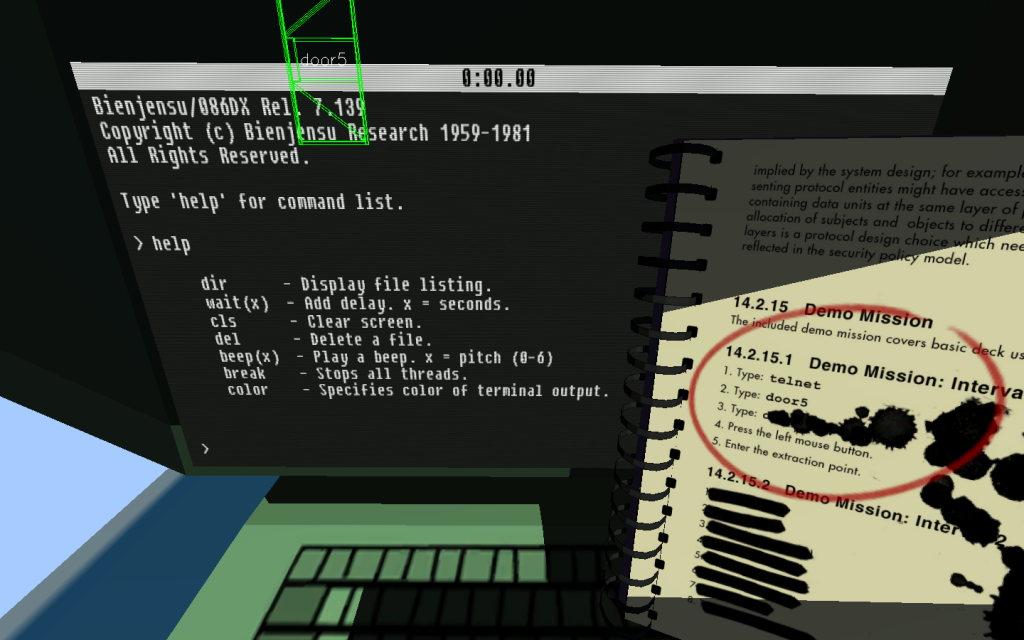 |
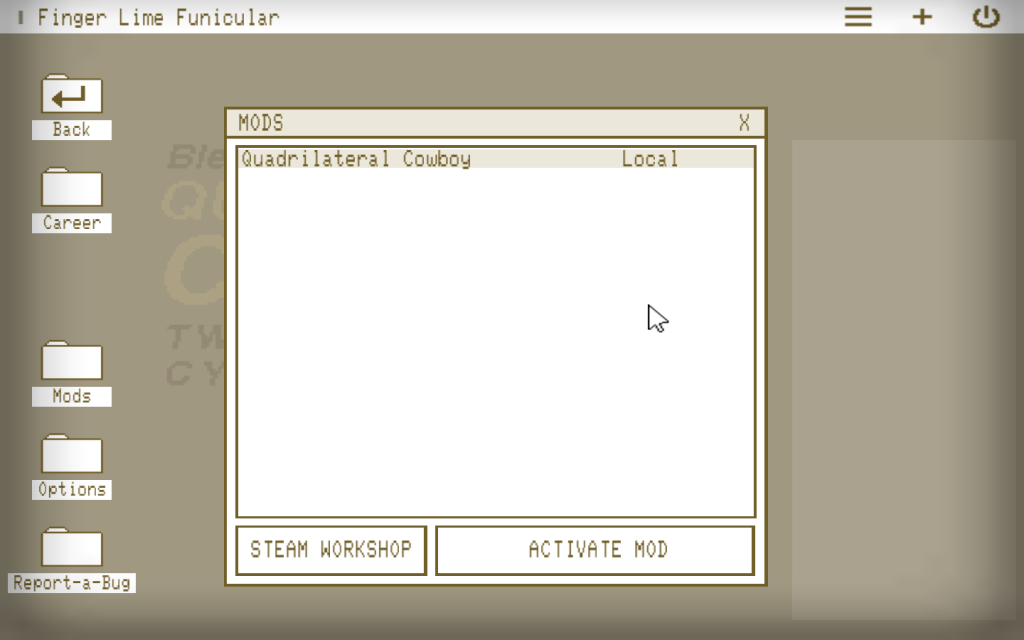 |
|
| Quadrilateral Cowboy (2016) | ||
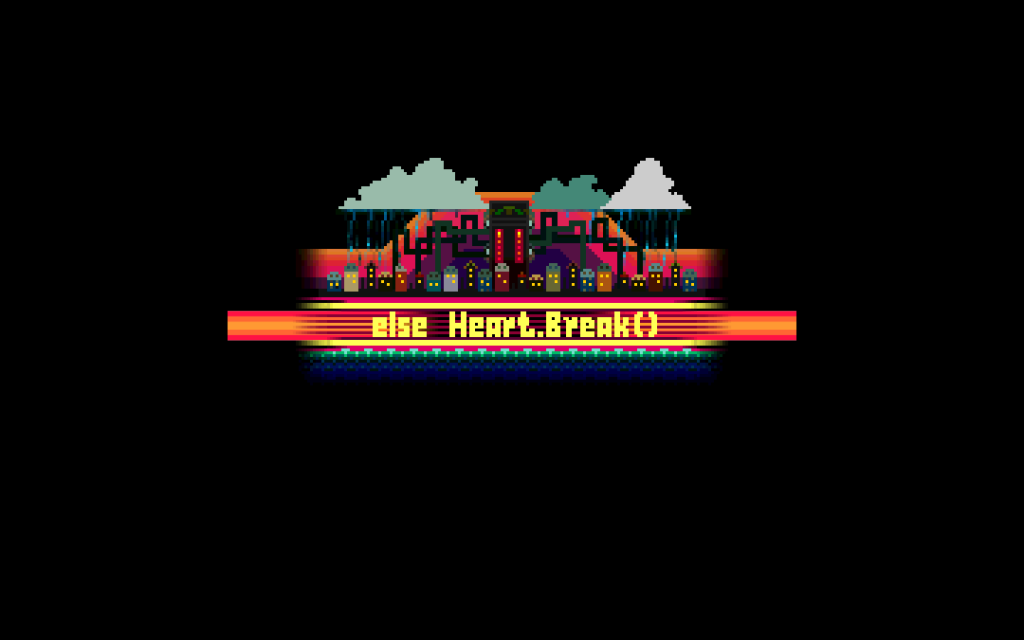 |
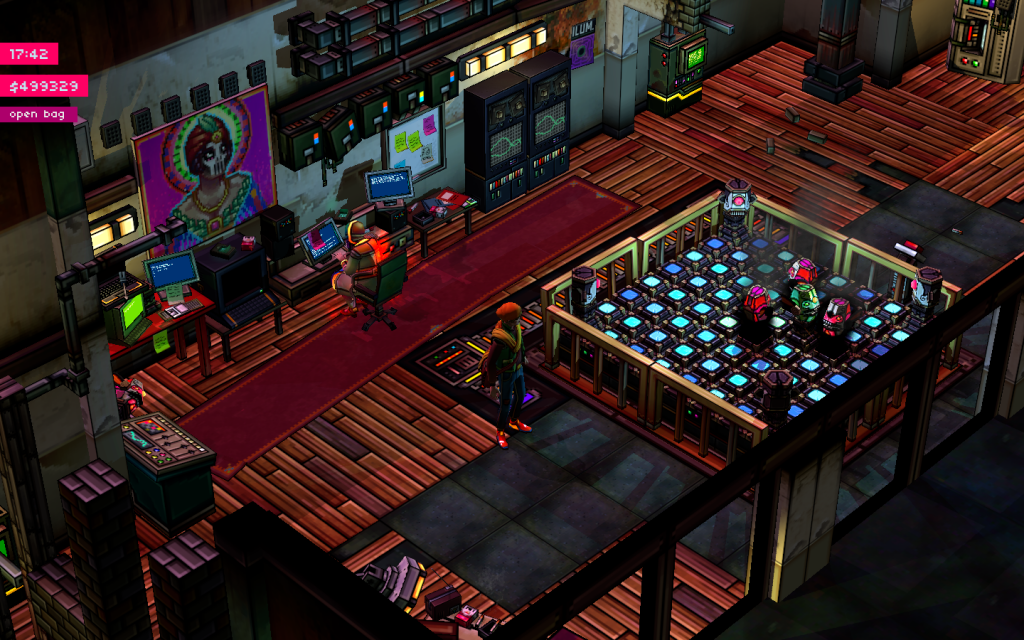 |
|
 |
 |
|
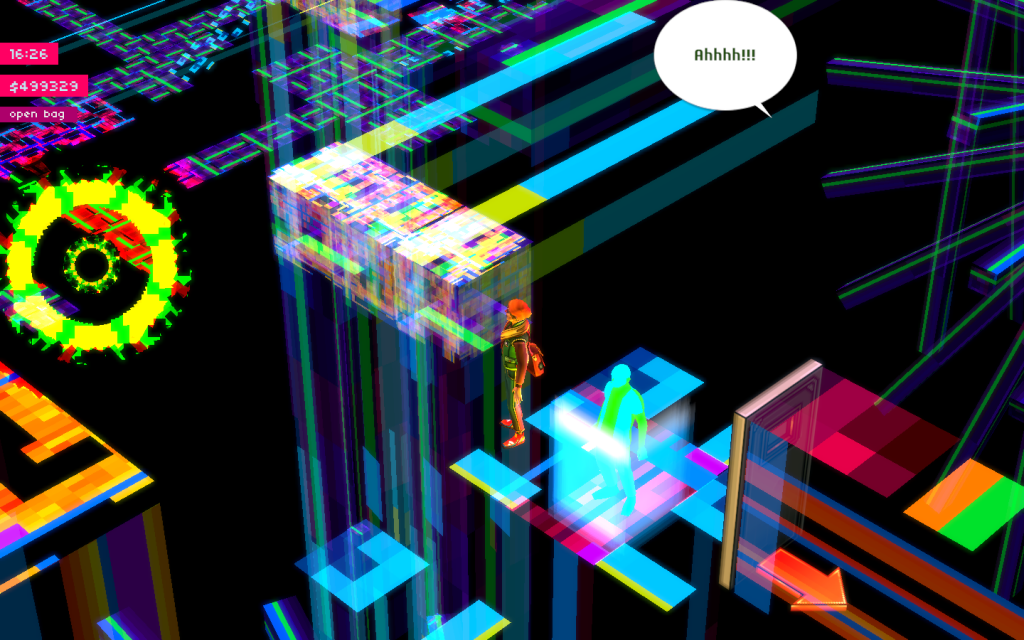 |
 |
|
| else Heart.Break() (2015) | ||
![]()
